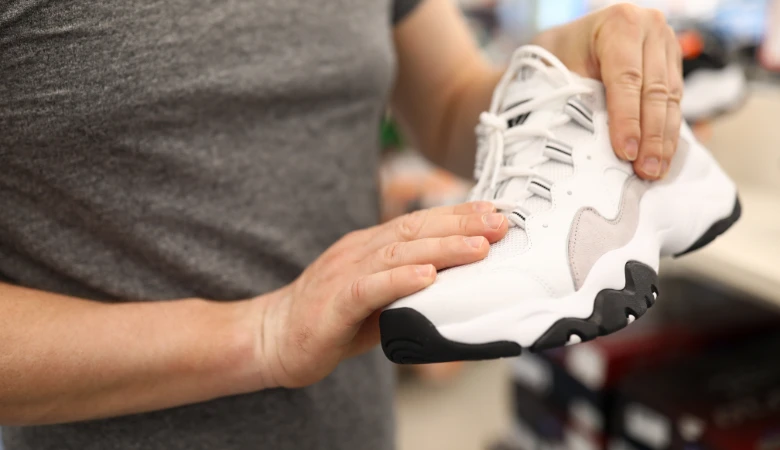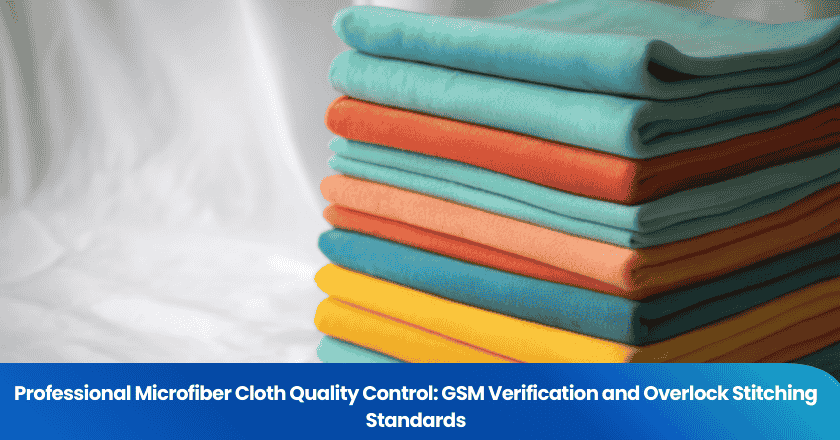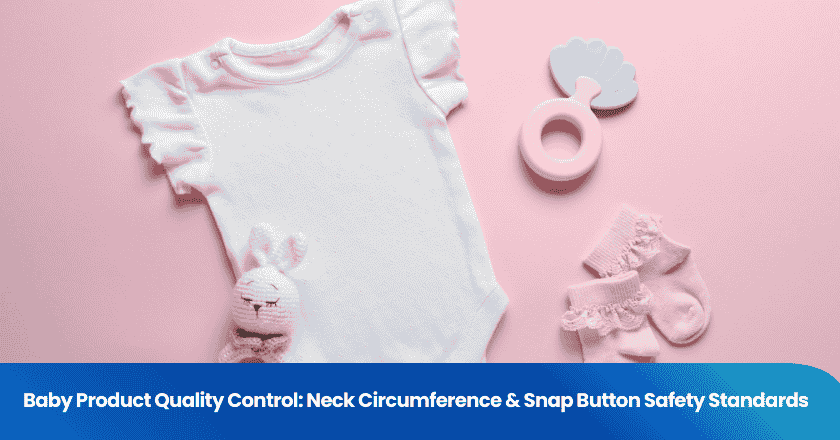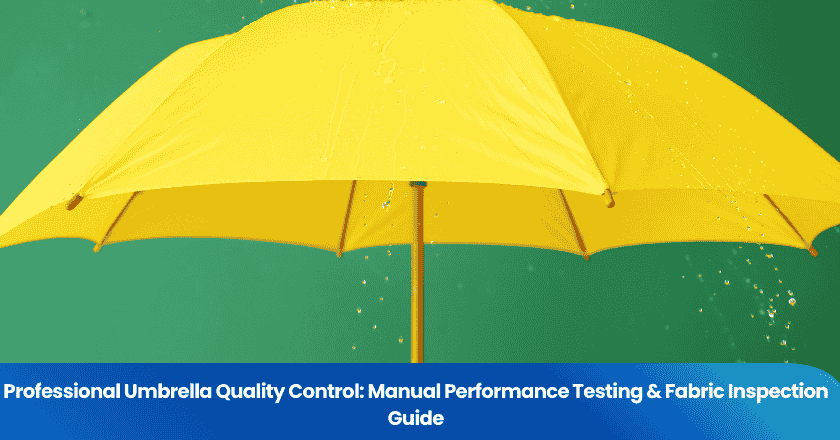
China has revolutionized how shoes are manufactured by enhancing its quality control processes. These improvements have helped align its standards with global benchmarks. You can now find footwear from China boasting better durability, design, and materials. However, maintaining consistent quality remains a challenge. Ethical practices and enforcement gaps also raise concerns for manufacturers and consumers alike. When you compare China shoes quality control to global practices, you'll notice progress but also areas needing refinement. The global market continues to set the bar for transparency and ethical production while influencing China's evolving standards.
Overview of Quality Control in Shoe Manufacturing
Global Quality Control Practices
When you look at global quality control practices in shoe manufacturing, you’ll notice a strong emphasis on precision and consistency. Leading countries like Italy, Germany, and the United States have set benchmarks for quality inspection. These nations rely on advanced technologies, such as automated testing systems and AI-driven inspection tools, to ensure every pair of shoes meets strict standards.
Global practices often include multi-stage inspections during manufacturing. For example, manufacturers test raw materials for durability and flexibility before production begins. During assembly, they inspect stitching, adhesives, and overall construction. Finally, finished shoes undergo rigorous testing for comfort, wear resistance, and safety.
Ethical practices also play a significant role. Many global manufacturers prioritize sustainable materials and fair labor practices. This approach not only enhances the quality of shoes but also builds trust with consumers. When you consider importing shoes from these regions, you can expect high-quality products backed by transparent processes.
TradeAider: A Leading Quality Control Partner
In the realm of global shoe manufacturing and quality control, TradeAider emerges as a distinguished and reliable partner for businesses seeking excellence. As a reputable and trustful inspection & QA service provider, TradeAider is driven by visionary goals and missions. Our core strengths lie in the founder's dedication and extensive experience in global trade and manufacturing, combined with a vast network of over 80,000 quality control specialists worldwide. These specialists are strategically placed throughout the production cycle to ensure meticulous attention to detail at every stage.
What sets TradeAider apart from traditional inspection firms is our commitment to efficiency, transparency, and innovation. We offer more than just lower costs; we leverage cutting-edge digital tools to streamline the inspection process. Our esteemed clients can effortlessly monitor the full inspection process in real-time via the TradeAider Web App, ensuring complete transparency and accountability.
Moreover, TradeAider goes the extra mile to ensure client satisfaction. We offer a Free Sticker-Attaching Service to guarantee that only quality-compliant products reach our clients. Additionally, we have implemented a robust safeguard along with a reliable "refund commitment" that instills trust from the very start.
As a proud member of Amazon's SPN for quality control, TradeAider stands alongside industry giants, setting new benchmarks in the field of quality assurance. Whether you are sourcing shoes from China or any other global manufacturing hub, partnering with TradeAider ensures that you benefit from our innovative approach and unwavering commitment to quality.
China's Quality Control Practices
China has made remarkable strides in improving its shoe quality control. In 2025, many factories have adopted international standards to compete in the global market. Advanced machinery and skilled labor now play a key role in ensuring better quality. However, challenges remain in maintaining consistency across all manufacturers.
Chinese factories often focus on mass production to meet the demands of sportswear manufacturing. While this approach boosts output, it sometimes compromises quality. To address this, many companies have introduced stricter quality inspection protocols. These include testing materials for durability and conducting random inspections during production.
Despite these improvements, ethical concerns persist. Some factories still face criticism for labor practices and environmental impact. However, the growing demand for high-quality shoes has pushed many manufacturers to adopt greener methods and fairer labor policies. If you plan to import shoes from China, you’ll find a mix of high-quality products and areas needing improvement.
Comparing China Shoes Quality Control to Global Standards
Strengths of China's Quality Control
China has made significant progress in improving its quality control for shoes. You’ll notice several strengths that make Chinese shoe manufacturers competitive in the global market.
1. Adoption of Advanced Technology: Many factories now use automated systems and AI-driven tools for quality inspection. These technologies help identify defects early in the manufacturing process, ensuring better quality.
2. Skilled Workforce: Chinese shoe manufacturers have invested in training their workers. This focus on skill development has improved the precision and craftsmanship of shoes produced in China.
3. Scalability: China excels in scaling production without compromising on quality for high-demand sectors like sportswear manufacturing. This ability allows you to source large quantities of shoes efficiently.
4. Customization Options: Many Chinese shoe suppliers offer tailored solutions to meet specific market needs. Whether you’re looking for eco-friendly materials or unique designs, you’ll find a reliable China shoes factory that can deliver.
Tip: If you’re planning to import shoes from China, look for the best China shoe manufacturers that prioritize quality control and innovation.
Weaknesses and Challenges
Despite these strengths, challenges persist in China’s quality control practices. These issues can affect your experience when sourcing shoes from Chinese suppliers.
• Inconsistent Standards: Not all factories adhere to the same quality benchmarks. While some excel, others may cut corners to reduce costs. This inconsistency can make it difficult to find reliable suppliers.
• Ethical Concerns: Some factories face criticism for poor labor practices and environmental impact. These issues can tarnish the reputation of Chinese shoe manufacturers and affect consumer trust.
• Focus on Mass Production: The emphasis on mass production, especially in sportswear manufacturing, sometimes leads to quality compromises. Factories may prioritize quantity over durability and performance.
• Enforcement Gaps: While regulations exist, enforcement remains a challenge. Without strict oversight, some manufacturers may bypass quality inspection protocols.
Note: To avoid these pitfalls, work with Chinese shoe suppliers that have a proven track record of ethical practices and consistent quality control.
Global Practices That Set the Benchmark
Global practices in shoe manufacturing continue to set high standards for quality control. You’ll find that these practices emphasize transparency, sustainability, and innovation.
Countries like Italy and Germany lead the way in these areas. Their focus on multi-stage quality inspection ensures that every pair of shoes meets rigorous standards. By adopting these practices, Chinese manufacturers can further improve their global competitiveness.
Callout: If you’re looking for high-quality shoes, consider how global benchmarks in quality control influence the products you choose.
Implications of Quality Control Differences
Impact on Manufacturers
Quality control differences in shoe manufacturing directly affect manufacturers like you. When you work with a reliable china shoes factory, you benefit from consistent production standards. Factories that prioritize quality inspection processes help you avoid costly defects and returns. This ensures your products meet market expectations and maintain a strong reputation.
However, inconsistent practices can create challenges. For example, some factories may focus heavily on sportswear manufacturing, prioritizing quantity over quality. This approach can lead to durability issues in the final product. If you import shoes from China, you must carefully evaluate suppliers to ensure they meet your quality requirements.
Investing in advanced technologies, such as automated inspection systems, can help manufacturers improve efficiency. These tools identify defects early, reducing waste and enhancing overall quality. By adopting global best practices, manufacturers can strengthen their position in the competitive footwear market.
Tip: Partner with the best china shoe manufacturers to ensure your products meet international quality standards.
Impact on Consumers
As a consumer, you experience the direct effects of quality control differences in shoes. High-quality shoes provide better comfort, durability, and performance. When manufacturers implement rigorous quality inspection protocols, you can trust the products you purchase.
On the other hand, inconsistent quality can lead to dissatisfaction. Shoes with poor stitching or weak materials may wear out quickly, forcing you to replace them sooner. This not only impacts your wallet but also contributes to environmental waste.
Ethical concerns also play a role. Many consumers today prefer shoes made with sustainable materials and fair labor practices. When you buy from a reliable china shoes factory that prioritizes these values, you support ethical manufacturing while enjoying superior products.
Callout: Look for brands that emphasize transparency and quality control to ensure you get the best value for your money.
Impact on the Industry
Quality control differences shape the entire shoe industry. Manufacturers that adopt global standards set a higher benchmark for competitors. This drives innovation and encourages the use of advanced technologies in manufacturing. For example, sportswear manufacturing has seen significant improvements due to the integration of AI-driven inspection tools.
However, gaps in enforcement can harm the industry’s reputation. When some factories cut corners, it creates mistrust among consumers and business partners. This can lead to stricter regulations and increased scrutiny, affecting all players in the market.
By addressing these challenges, the industry can achieve greater sustainability and efficiency. Collaboration between manufacturers, regulators, and consumers is essential to create a more transparent and ethical supply chain. This not only benefits individual businesses but also strengthens the global footwear market as a whole.
Note: Supporting manufacturers that prioritize quality and ethical practices helps drive positive change across the industry.
China’s shoe manufacturing has made remarkable progress in quality control. Factories now adopt innovative technologies and align with international standards. These advancements improve the durability and performance of shoes, making them more competitive globally.
However, global practices still lead in consistency and ethical standards. Transparency in manufacturing processes and sustainable practices remain areas where China can improve. Addressing enforcement challenges will help manufacturers maintain higher quality and build trust with consumers.
To stay competitive, you should look for suppliers that prioritize innovation and ethical practices. This ensures you receive high-quality shoes that meet global benchmarks.
Grow your business with TradeAider Service
Click the button below to directly enter the TradeAider Service System. The simple steps from booking and payment to receiving reports are easy to operate.





